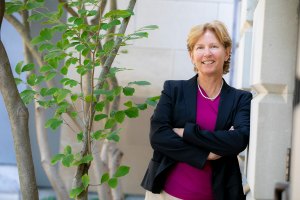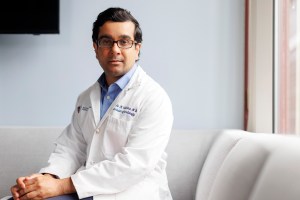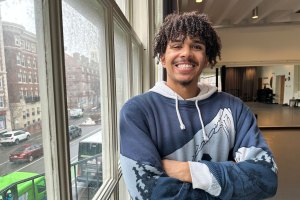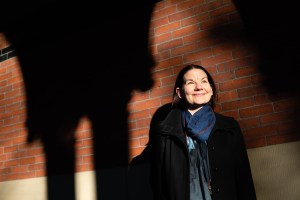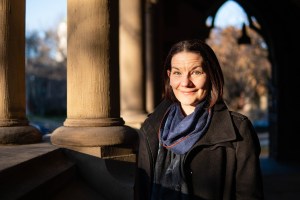Tag: Caitlin McDermott-Murphy
-
Science & Tech
Brewery fit for a king
The remains of a 5000-year-old brewery found in the ancient Egyptian city of Abydos are providing insights into the relationship between large-scale beer production and the development of kingship in Egypt.
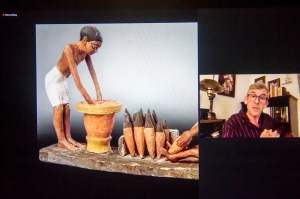
-
Health
Epidemiologist predicts likely decline in U.S. COVID cases, deaths
William Hanage predicts a likely decline in U.S. COVID cases, depending on vaccination rates, control tactics, and the absence of variants.
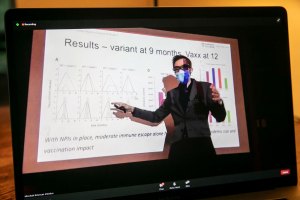
-
Science & Tech
Mapping the quantum frontier, one layer at a time
Professor Kang-Kuen Ni and her team have collected real experimental data from an unexplored quantum frontier, providing strong evidence of what the theoretical model got right (and wrong) and a roadmap for further exploration into the shadowy next layers of quantum space.
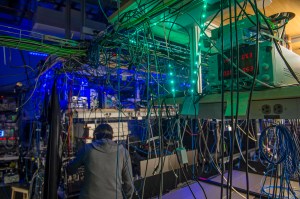
-
Science & Tech
Dissecting the ‘undruggable’
Researchers at Harvard have designed new, highly selective tools that can add or remove sugars from a protein with no off-target effects, to examine exactly what the sugars are doing and engineer them into new treatments for “undruggable” proteins.
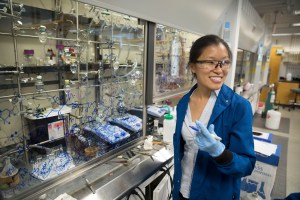
-
Science & Tech
A ‘miracle poison’ for novel therapeutics
Researchers prove they can engineer proteins to find new targets with high selectivity, a critical advance toward potential new treatments to help neuroregeneration, cytokine storm.
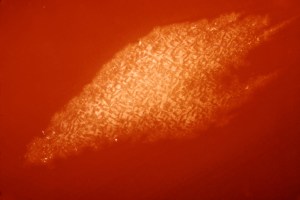
-
Campus & Community
Puzzling out a life’s work
Orvin Pierre ’22 pieces together studies in science and humanism to prepare to be a physician.
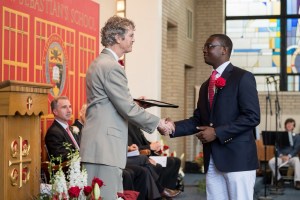
-
Science & Tech
Innovative tool offers hope for children with rapid-aging disease
Several hundred children worldwide live with progeria, a deadly premature aging disease.
-
Science & Tech
Mystery of the missing molecules
When scientists moved from manipulating atoms to messing with molecules, molecules started to disappear from view. Professor Kang-Kuen Ni has figured out why.
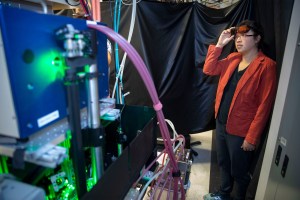
-
Science & Tech
A promise to a friend
Wei Hsi “Ariel” Yeh dedicated her research in chemistry to solving some of the vast genetic mysteries behind hearing loss.

-
Campus & Community
Blocking fear
When neuroscience concentrator Sope Adeleye ’20 suffered a severe concussion during volleyball practice her junior year, she knew better than most the risks she was facing.
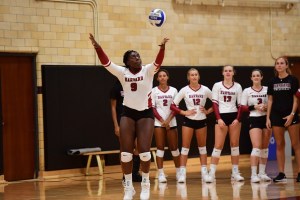
-
Science & Tech
In a photo of a black hole, a possible key to mysteries
So little is known about black holes and the image hints at a path to a higher-resolution image and more and better data.

-
Science & Tech
The ‘right’ diet
Professor Emily Balskus and her team have identified an entirely new class of enzymes that degrade chemicals essential for neurological health, but also help digest foods like nuts, berries, and tea, releasing nutrients that may impact human health.
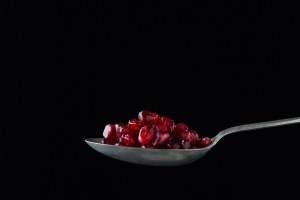
-
Science & Tech
A crisper CRISPR
Fewer off-target edits and greater targeting scope bring gene editing technology closer to treating human diseases.
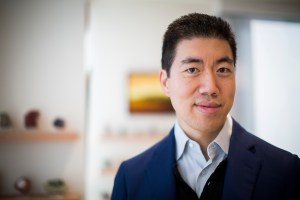
-
Science & Tech
Getting the brain’s attention
New technology helps dissect how the brain ignores or acts on information
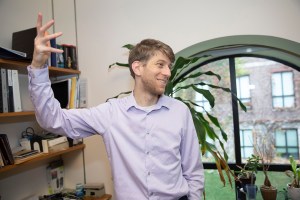
-
Science & Tech
Jeté into an ionic bond
Ph.D. student Frederick Moss brings together the incongruous worlds of science and art.

-
Science & Tech
Life’s Frankenstein monster beginnings
The evolution of the first building blocks on Earth may have been messier than previously thought, likening it to the mishmash creation of Frankenstein’s monster.

-
Science & Tech
Catching lightning in a bottle
Harvard researchers have performed the coldest reaction in the known universe by capturing a chemical reaction in its most critical and elusive act.
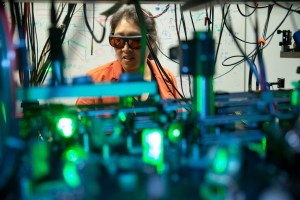
-
Health
Faster testing for illicit drugs
The landscape of the illegal drug trade changes constantly, particularly amid the current opioid crisis. Law-enforcement officers regularly find or confiscate pills, powders, and other substances and need to know…
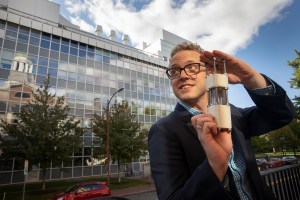
-
Nation & World
Targeting incest and promoting individualism
Harvard Professor Joseph Henrich and a team of collaborators researched how a Roman Catholic Church ban in the Middle Ages loosened extended family ties and changed values and psychology of individuals in the West.
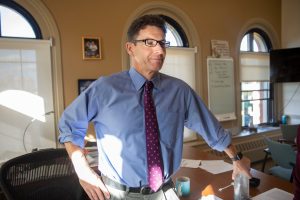
-
Science & Tech
Break it up
Researchers at Harvard and Cornell have discovered exactly how a reactive copper-nitrene catalyst could transform a strong carbon-hydrogen bonds into a carbon-nitrogen bond, a valuable building block for chemical synthesis.
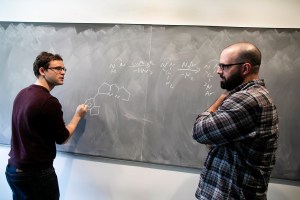
-
Health
Gut microbes eat our medication
Study published in Science shows that gut microbes can chew up medications, with serious side effects.
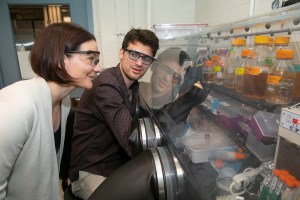
-
Science & Tech
Beyond the cloud
Every day, more and more information is filed in less and less space. Even the cloud will eventually run out of space, can’t thwart all hackers, and gobbles up energy. Now, a new way to store information could stably house data for millions of years.
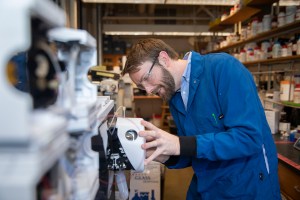
-
Science & Tech
A new vision for neuroscience
For decades scientists have been searching for a way to watch a live broadcast of neurons firing in real time. Now, a Harvard researcher has done it with mice.
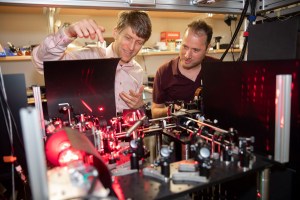
-
Science & Tech
Learning catalysts’ secrets
Cynthia Friend, who recently received a multimillion dollar grant from the U.S. Department of Energy, is well positioned to help “change the face and carbon footprint of the chemical industries sector,” one of her team’s goals.
